Facts VS Myths. How Well Do You know nutrition
Myths Vs. Facts. How Well Do You Know Nutrition
6 Myths On Nutrition Debunked.
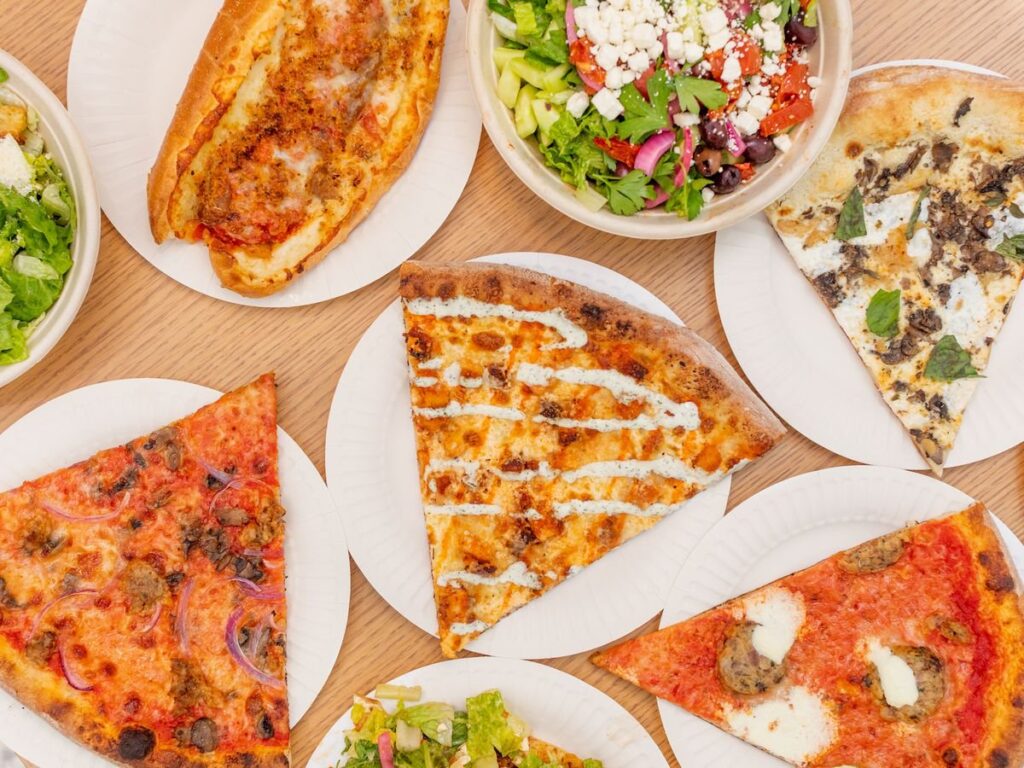
Myth 1
Carbs Are Bad For You.
For decades, fat was the enemy, but today, there’s a new scapegoat: Carbs. Vilifying carbs and insulin seems to get more popular by the year. Eating less carbohydrate (especially processed carbs) can be helpful if it helps you eat healthier. But if cutting carbs makes you feel worse or doesn’t allow you to stick with the diet, you should consider other options. If you wish to lose weight, what matters is to end most days on a caloric deficit.
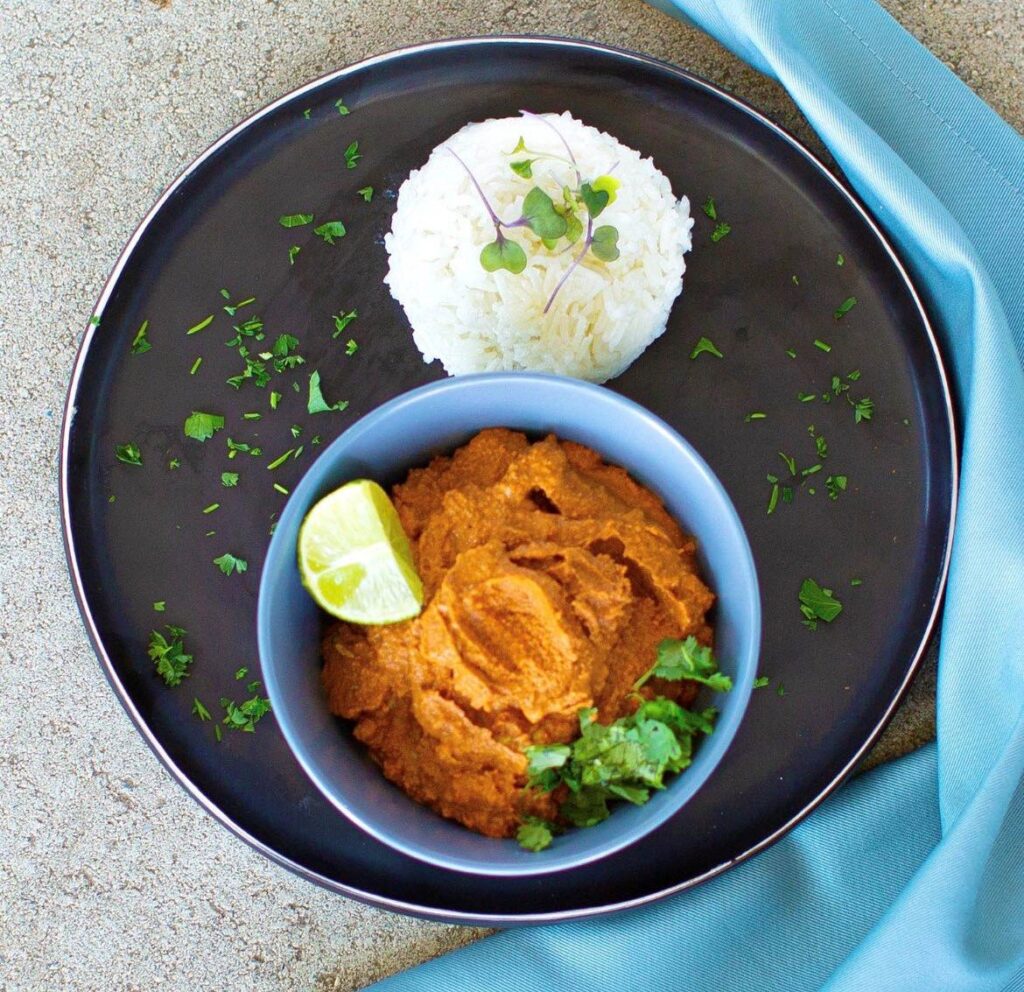
Myth 2
Consuming Red Meat is NOT Healthy
Fears about red meat causing cancer are overly broad. The types of red meat that have strong associations with cancer center around regular intake of cured, smoked, or highly processed meat. The Truth: Making healthy lifestyle choices (such as eating a balanced diet rich in whole foods, staying at a healthy weight, exercising, and not smoking) is more important overall than micromanaging your intake of red meat.

Myth 3
Reduce Salt, reduce High Blood Pressure
Studies have associated excess salt with hypertension (high blood pressure), kidney damage, and an increased risk of cognitive decline. However, salt (sodium) is an essential mineral; its consumption is critical to your health. The problem occurs when you consume too much sodium and too little potassium. The Truth: Salt reduction is important for people with salt-sensitive hypertension, and excessive salt intake is associated with harm. But a drastic decrease in salt intake has not shown uniform benefit in clinical trials. Most people will benefit more from a diet of mostly unprocessed foods than from micromanaging their salt intake.
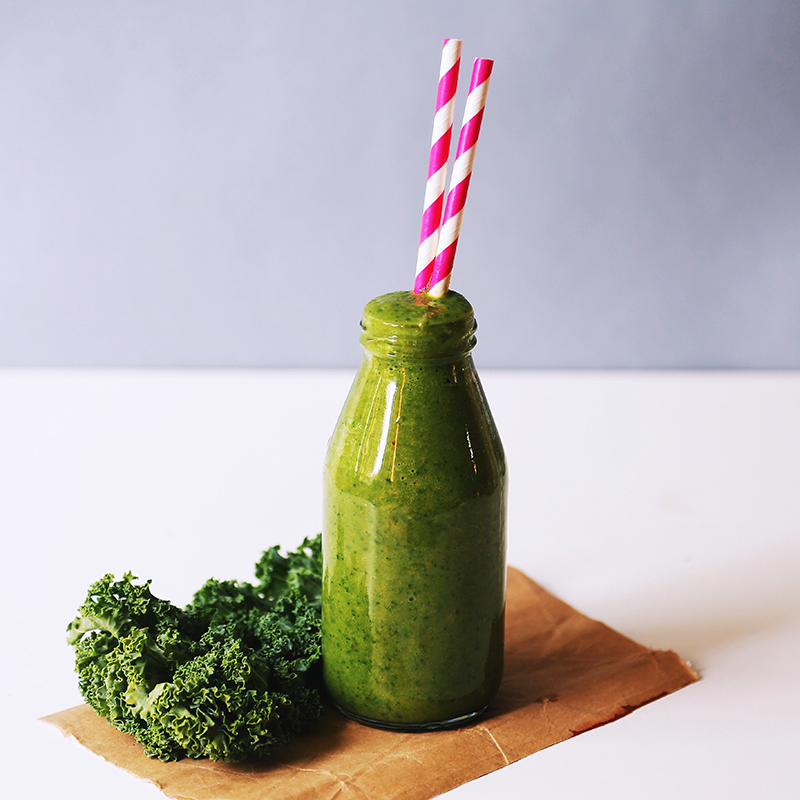
Myth 4
Detox Regularly
Your liver, kidneys, lungs, and other organs work around the clock to remove harmful substances and excrete the waste products of metabolism. By reducing your intake of the nutrients that those organs need to perform these functions, a detox diet can hinder your body’s natural detoxification process The Truth: A detox diet might make you feel better, but that’s usually because of the increased whole-food intake, not because any form of detoxification is taking place.
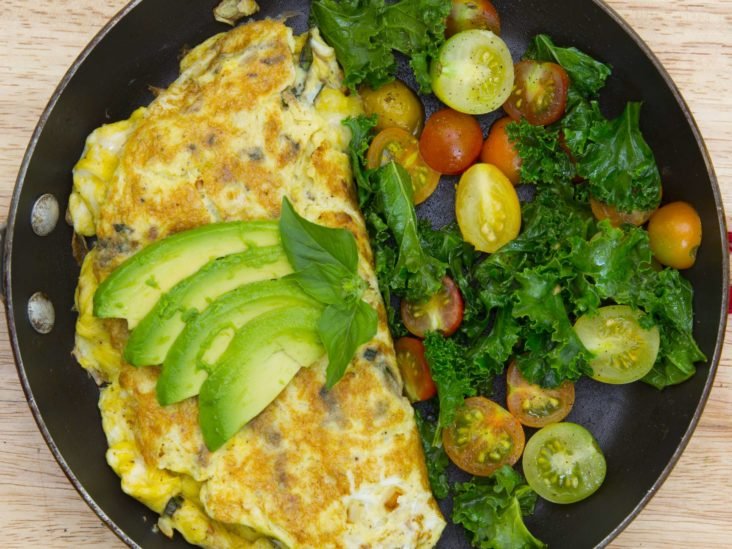
Myth 5
Breakfast is The Most Important Meal of The Day
Clinical trials have shown that personal preference is a critical factor. Some people will subconsciously compensate for all the calories they skipped at breakfast, while others won’t feel cravings of the same magnitude. The Truth: You don’t need to eat breakfast to be healthy or lose weight. You should base your breakfast consumption on your preferences and personal goals. Feel free to experiment to see if you want to make skipping breakfast a habit.
Some studies show a fat-loss advantage in early eaters, others in late eaters. Overall, early eaters seem to have a slight advantage — nothing impressive. Trials, however, imperfectly reflect real life. In real life, there are two main reasons why eating at night might hinder fat loss, and both are linked to an increase in your daily caloric intake. The Truth: Eating late won’t make you gain weight, unless it drives you to eat more than your daily caloric intake.

Myth 6
Don’t Eat Before Bed
Want more information?
Email us nutition@traininglofts.com if you’re still on the fence and want to book a free 15-minute call to ask more questions.
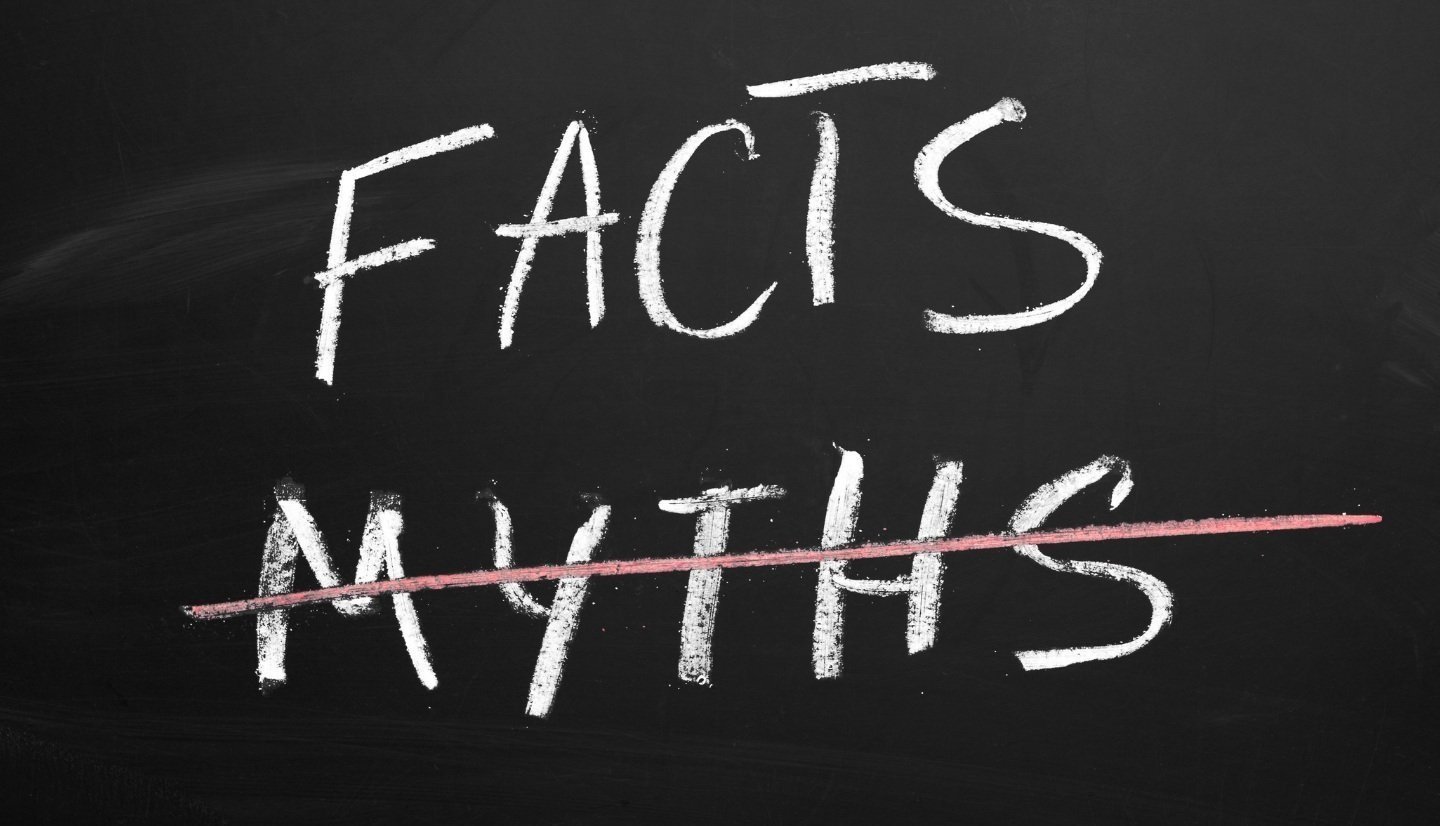
919 Westwood Blvd.
Los Angeles, CA 90024
7312 Melrose Avenue
Los Angeles, CA 90046